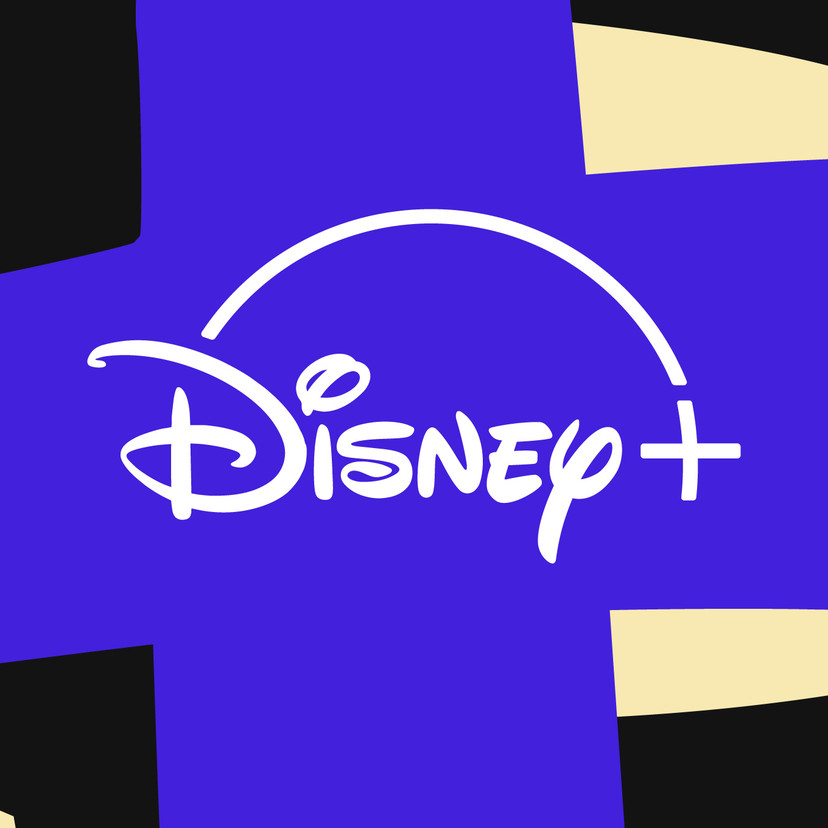Charter and Disney recently made peace over the recent ESPN carriage fee dispute.
Three things are happening in video delivery world that are colliding here:
- People are “cutting the cord” as they become less dependent on cable for high quality content (due to things like YouTube and Netflix)
- Because you’ve lost the “cable bundle” economics (where cable subscribers would cross-subsidize each other’s viewing — you pay because you really want ESPN & I pay because I really want HBO and, as a result, we both end up paying less for more content), video streaming services like Disney+ inevitably increase prices & introduce ad models to cover their (very high) cost (of content production). This naturally means new bundles will emerge as consumers look to find ways to pay less for more content.
- High speed internet today is largely subsidized by the investments from cable industry to deliver video. If ‘cord cutting’ (as in canceling cable) continues, then eventually the cost of high speed internet will go up as it becomes the “main event” for the company’s financials. Given (2), I think this likely means “cable companies” will increasingly become “bundled internet + streaming service” companies soon.
All this is ironically not that different from the original cable bundle, only this time we have a few new logos (i.e. Netflix) and a little more price transparency since you can see what the unsubsidized streaming video service cost (i.e. Disney+, Hulu, etc.) would be outside of the bundle.
Charter is taking a page from the book of Amazon and Apple, allowing you to essentially combine your bills. Do you have to get Spectrum cable because that’s the only internet provider in town? Well, soon, you might be able to bundle in your Hulu with Live TV service, too. Multiple services, one bill. That’s a step up from the HBO situation where you’ll have to cancel HBO and then go subscribe directly to Max if you want the pricier 4K version of that service.

The cable bundle of the future is officially here
Alex Cranz | The Verge
